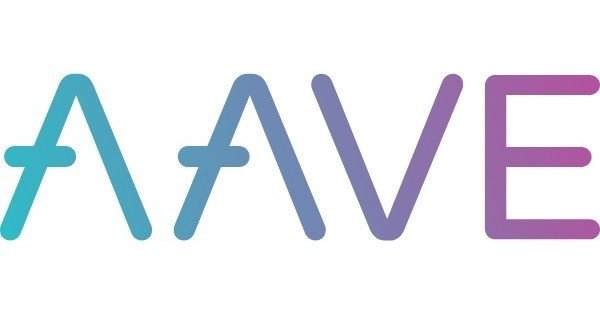To quote Aaves website, "Aave is an open source and non-custodial liquidity protocol for earning interest on deposits and borrowing assets". For my followers, this sounds pretty similar to Venus, and put simply, it is. Both aim at providing liquidity and allowing interest to be paid to the provider of it, along with allowing for the borrowing of it. Sort of like a decentralized bank, which is vital for the future of DeFi, but many others are attempting the same thing. Here I will take a dive into Aave, see what it is, and compare it to other similar coins.

Aave explained
Aave was originally a P2P lender, but decided against this, shifting to a pool based method. This is also known as a liquidity pool, and it is where lenders place their coins while borrowers place collateral and then get their loan. The interest rates are decided by an algorithm, while maintaining a reserve like all good banks to handle withdrawals. This reserve is decided by an algorithm and is vital, as if it is wrong by a tiny bit, there will be a run on the pool, collapsing it and most likely losing a lot of peoples money in the ensuing chaos.
While each pool accepts multiple different coins, they must all be regarded safe, that is, must be a stablecoin. This is similar to Venus, perhaps even more conservative as Venus allowed larger coins to be accepted although they too were also highly volatile. Each of these coins are run through an algorithm where a loan to value number is reached and converted into Eth to make it more readable. There is no set borrowing time frame or payment schedule, and while this may seem convenient it most likely allows some of the dodgier players in the pools to get away with a bit. However, there is no incentive for taking advantage, as their collateral is worth more than the loan.
There is another algorithm that decides on the health of the loan, and this is a continually changing detail, and if the loan fails to meet certain parameters, it becomes deemed as undercollateralized. If this fails to be remedied, the loan becomes liquidated and the lender becomes incentivized to buy out the collateral as it is presented to them at a discount, providing an immediate profit.
To reach these above numbers, there is a vast amount of complex math involving functions, and quite frankly I don't understand some of it, so I am not going to attempt explaining something I myself don't understand.
There appears that there will be future updates concerning the liquidity pools, and there is a chance that there will be the possibility for anybody with the correct knowhow to create their own pool. This would be a fascinating development, allowing basically anybody to become their own bank. It would also be an interesting experiment in credit creation, as one could go around multiple pools adding to their liquidity with funds from another pool. There may be something stopping this but I am not currently aware of it.
Governance and Protocol
The Aave protocol will be continually evolving, adding new coins, changing interest rates and a plethora of other changes that I cannot currently foresee. These changes come through governance, which with all decentralized projects, come from the users. The votes are decided by how much of a share the users has in the pool, making it fair. When there are multiple pools, the governance will be decided on a pool by pool basis, allowing evolution to occur at a much foster pace, highly beneficial to the project.
Opinion
Aave appears to be like several other coins, notably Venus, but that doesn't mean it is bad. As I have said before, there will be a struggle for the role of the main DeFi bank, and Aave is one of those competitors. It does many things similar, but that is as it should be. Each current bank serves the same purpose, just to varying degrees of success. This must be remembered when comparing DeFi banks. Each can't be revolutionary or it will just create a shattered financial system without any stability, which is worse than centralization, and this mustn't be forgotten.
Until next time,
James Clarke